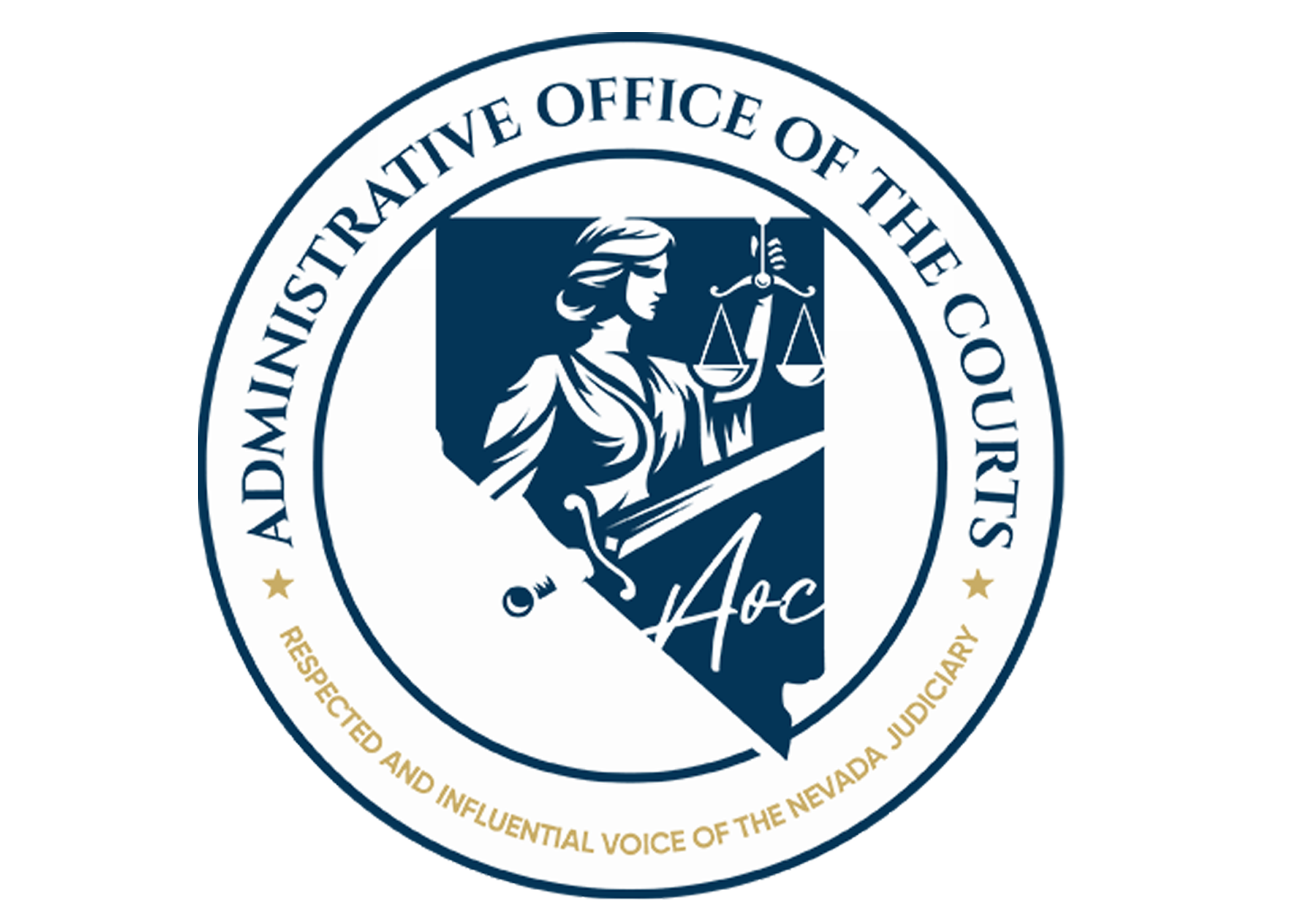Online Training Courses
Court Improvement Program training courses can be accessed below. To register, please contact Zacary Casper (zcasper@nvcourts.nv.gov).
Coming Soon: 432B Academy
The Nevada Court Improvement Program is excited to announce the development of an in-person 432B Academy targeted toward attorneys. The content of the training will aim to capture relevant changes in child welfare systems and dependency law. It is anticipated to launch in 2026. To join the waiting list and/or provide input that will help with the training's development, please access the following survey link: https://forms.office.com/g/Rn0AbuN6B8
In the meantime, please feel free to register for the training content below.
- Online Attorney Dependency Training
The five course modules will be delivered entirely online through the Supreme Court’s Distance Education Learning Portal. Course contents include: Federal and State Law in Nevada Child Protection Proceedings; The Adoption and Safe Families Act; Permanency Options; Roles and Responsibilities of Attorneys; Topics in Child Welfare Proceedings; and Key Child Safety Decision Making Concepts. Participants may enroll by contacting CIP. - 2022 JDMP: Domestic Violence and Child Protection Mediation
Domestic violence is one of the strongest predictors of child abuse and neglect fatalities in the United States. Forty percent of child abuse victims report domestic violence in the home. We know that 70% of domestic violence go unreported. The U.S. Children’s Bureau says that one of the barriers to successful outcomes for children who come to the attention of the court in child welfare cases is a lack of trained and effective representatives; someone to advocate for timeliness in agency and court handling of the child’s case. The JDMP policy and protocol requires all JDMP panelists to receive training on domestic violence and highly recommends all dependency stakeholders to take this training. This 5-hour online course was prepared to help panelists meet that requirement. Continuing Education Credit: 5.0 CLE DV (1.0 credit for ethics and 4.0 credits general); Certificate of Completion required to receive continuing legal/judicial education credit. NOTE: CLE credit for this course is approved through December 31, 2025 and then will be stale dated. - 2021 CIP Permanency and Concurrent Planning (CIP)
The content of this course includes what the Nevada Kinship Guardianship Assistance Program (KinGAP) is, as well as eligibility requirements, logistics, assistance, and partner roles in the KinGAP process. The understanding of "reasonable efforts," when they are required, and examples. What Concurrent Planning is, barriers to Concurrent Planning, the difference between Concurrent Planning and Concurrent Plans, and the process and stakeholders involved. It is designed for all dependency court stakeholders. - Basics of Representing Children in Abuse & Neglect Cases
The U.S. Children’s Bureau says that one of the barriers to successful outcomes for children who come to the attention of the court in child welfare cases is a lack of trained and effective representatives; someone to advocate for timeliness in agency and court handling of the child’s case. National Consensus is that a child deserves a vigorous and active attorney. - Trauma & Child Protection Mediation: Understanding the Impact on Children, Parents, Caregivers & Stakeholders
According to the National Center on Domestic Violence, Trauma, and Mental Health, trauma can have significant mental health consequences. Yet the agencies and systems to which survivors and their children turn are frequently unprepared to address the range of issues they face in trying to access safety and heal from the traumatic effects of abuse. - Mediating Dependency Cases Involving Domestic Violence
Domestic violence is one of the strongest predictors of child abuse and neglect fatalities in the United States. Forty percent of child abuse victims report domestic violence in the home. We know that 70% of domestic violence go unreported. - Nevada Juvenile Dependency Mediation Training Program
This Nevada Juvenile Dependency Mediation Training program has been created to educate child welfare staff so that you can effectively participate during court-ordered dependency mediation. Such mediations may be ordered when there are unresolvable conflicts at any point in the life of the case.

